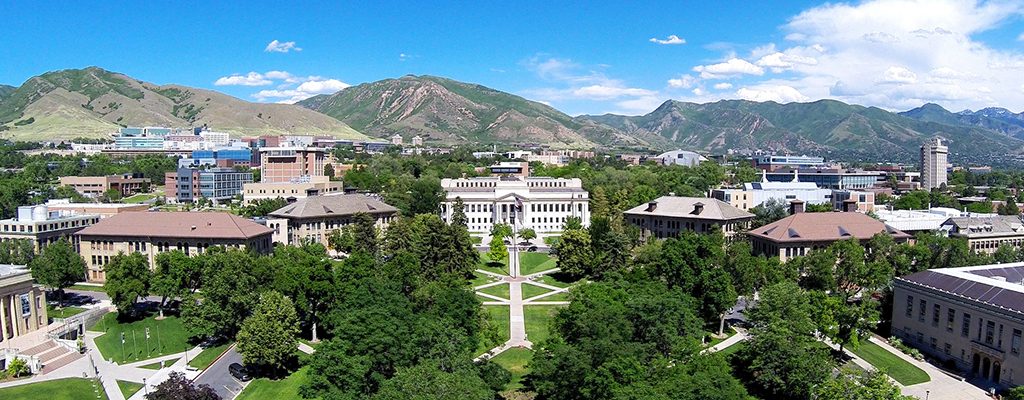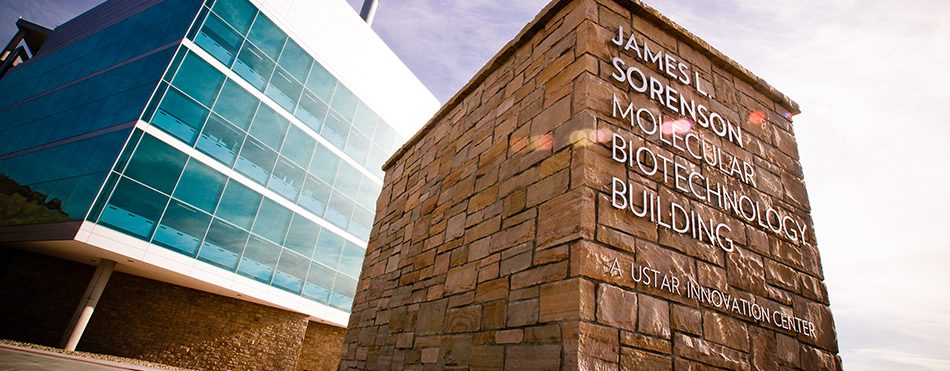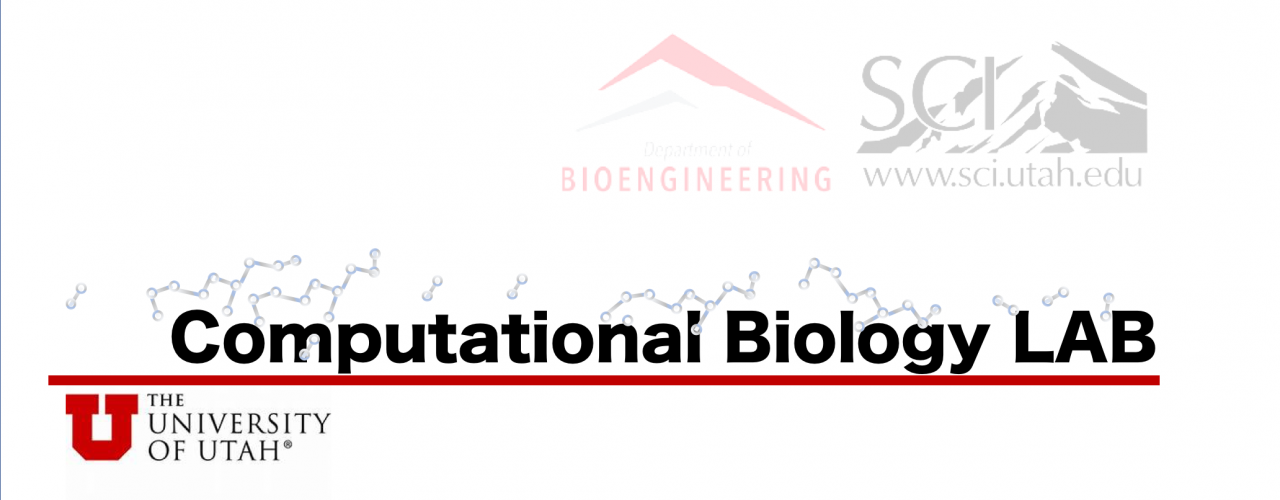
Tamara Bidone Research Lab
I am an assistant professor in the Department of Biomedical Engineering and the Scientific Computing and Imaging Institute at the University of Utah.
My research is largely directed towards understanding the structure-function relationship of biological macromolecules. Specifically, I study how the molecular dynamic properties of biological macromolecules govern their global conformational transitions and affect cellular activity. I focus on the accessible motions at the molecular level that underlie conformational transition of biomolecules over a broad range of time scales and spatial scales, and on how alterations of these motions emerge from and change molecular interactions to lead to dysfunction and disease.
My lab develops and applies a suite of simulation approaches ranging from molecular modeling, bottom-up coarse-graining methods, Brownian dynamics and agent-based mesoscale modeling. These methods cover length and time scales from the atomistic to the level of whole cells. Our recent work is focused on understanding the molecular underpinnings of the structure-function relations of transmembrane adhesion proteins, and how these relations affect cell function in physiology and disease. We collaborate with a number of experimental and computational departments at the University of Utah, including Biochemistry, Mechanical Engineering, and the Huntsman Cancer Institute, and labs in other institutions, including Florida State University, University of Chicago, Yale, and the University of Miami.
I received my Ph.D. in Biomedical Engineering from The Polytechnic University of Turin (Italy) in 2013, under the supervision of Professor Franco Maria Montevecchi. I worked in the Mechanobiology Lab of the Massachusetts Institute of Technology and in the group of Multiscale Mechanical and Biological Engineering of the University of Zaragoza. Before joining the University of Utah, I was a postdoctoral scholar in Professor Gregory Voth's group at the University of Chicago and in Professor Dimitrios Vavylonis's group at Lehigh University. Through this training, I studied the mechanics of cytoskeletal actin filaments, how contractile cytoskeletal networks rearrange in space and time from multiple molecular interactions and force feedbacks, and I extended coarse-graining methods based on statistical mechanics for understanding how the adhesion protein integrin respond to force through global changes in conformation, starting from the molecular to the macromolecular scales.
Our codes are publicly available: https://github.com/tamarabidone
Follow me on Twitter
My TweetsNews

Poster at the Biomedical Engineering Society Annual Meeting, October 16-19, 2019, Philadelphia, PA
…
Invited talk at the International Conference on Mathematical Multiscale Modeling in Biology Guanacaste, Costa Rica October 21-24, 2019
…
Selected talk at the thematic meeting Biology and Physics Confront Cell-Cell Adhesion, October 14-17, Aussois, France
…





